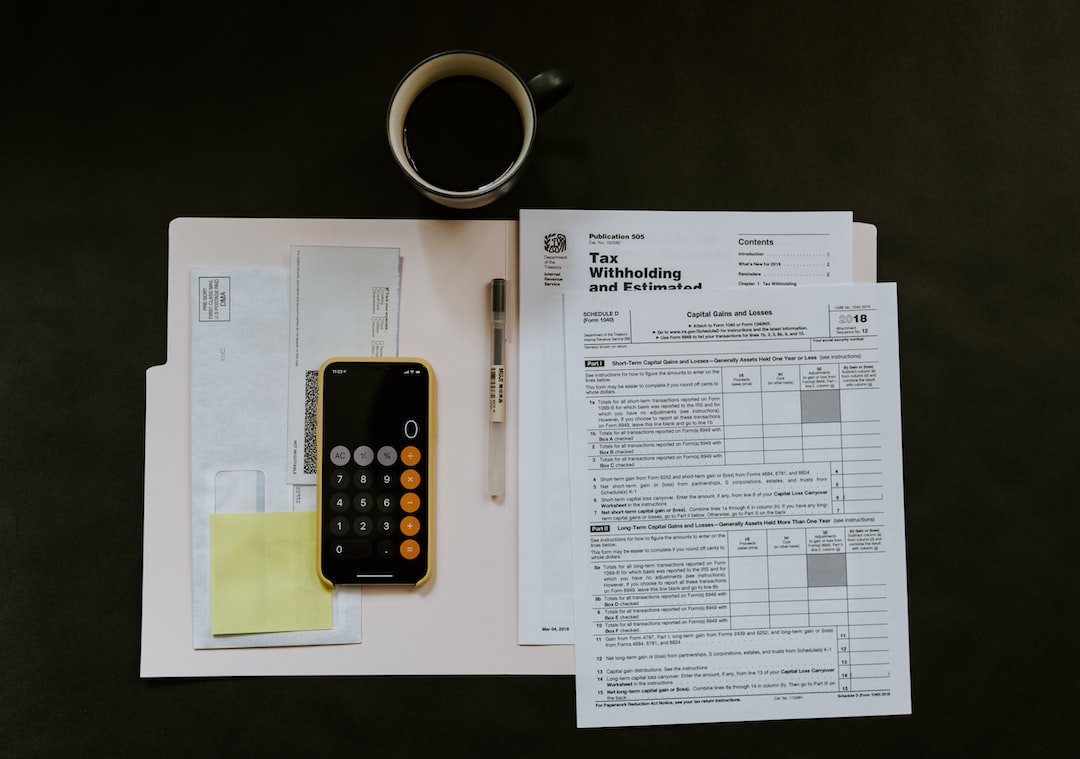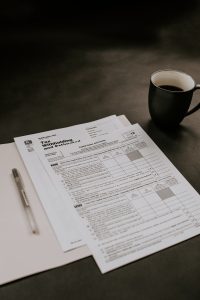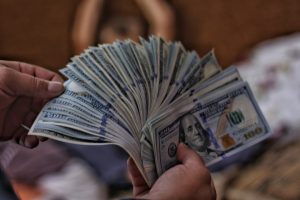Forex trading, also known as foreign exchange trading, is the process of buying and selling currencies with the aim of making a profit. It is a popular form of trading that has gained massive popularity in recent years, with many people turning to it as a means of making a living. However, forex trading is far from being a simple process, and it requires a great deal of knowledge and skill to succeed in it. This is why many people opt to study forex trading in college.
So, what do you study in college to learn about forex trading? The answer to this question is not as straightforward as one might think, as there is no single course or major that is specifically designed for forex trading. Instead, you will need to take a combination of courses from different fields that will equip you with the knowledge and skills needed to excel in forex trading.
The first thing you need to consider when studying forex trading is your major. While there is no specific major for forex trading, some majors are more relevant than others. For instance, majors in economics, finance, business, and mathematics are all excellent choices for anyone interested in forex trading. These majors provide the foundational knowledge needed to understand the global markets, financial systems, and economic principles that underpin forex trading.
In addition to your major, you will need to take courses that are specifically focused on forex trading. These courses are usually offered as electives, and they cover a range of topics such as technical analysis, fundamental analysis, risk management, and trading psychology. Technical analysis courses teach students how to read charts and identify patterns that can help them make more informed trading decisions. On the other hand, fundamental analysis courses focus on the economic and political factors that affect currency prices. Risk management courses teach students how to manage their risks and protect themselves from losses, while trading psychology courses delve into the mindset and emotions involved in trading.
Another important aspect of studying forex trading in college is practical experience. While theory is important, it is not enough to succeed in forex trading. You need to put what you learn into practice by trading in the real world. Many colleges offer trading simulation programs that allow students to trade in a simulated environment using real-time market data. This provides an excellent opportunity for students to practice their skills and gain practical experience without risking real money.
Finally, it is important to network with other forex traders and professionals in the industry. Joining a forex trading club or attending industry events can help you connect with others who share your interests and can provide valuable insights and advice. Additionally, networking can help you find internships or job opportunities in the forex trading industry.
In conclusion, studying forex trading in college requires a combination of different courses and practical experience. While there is no specific major for forex trading, majors in economics, finance, business, and mathematics provide an excellent foundation. Additionally, taking courses in technical analysis, fundamental analysis, risk management, and trading psychology can help you develop the skills needed to succeed in forex trading. Finally, networking with other traders and professionals in the industry can help you stay up-to-date with the latest trends and find job opportunities.





